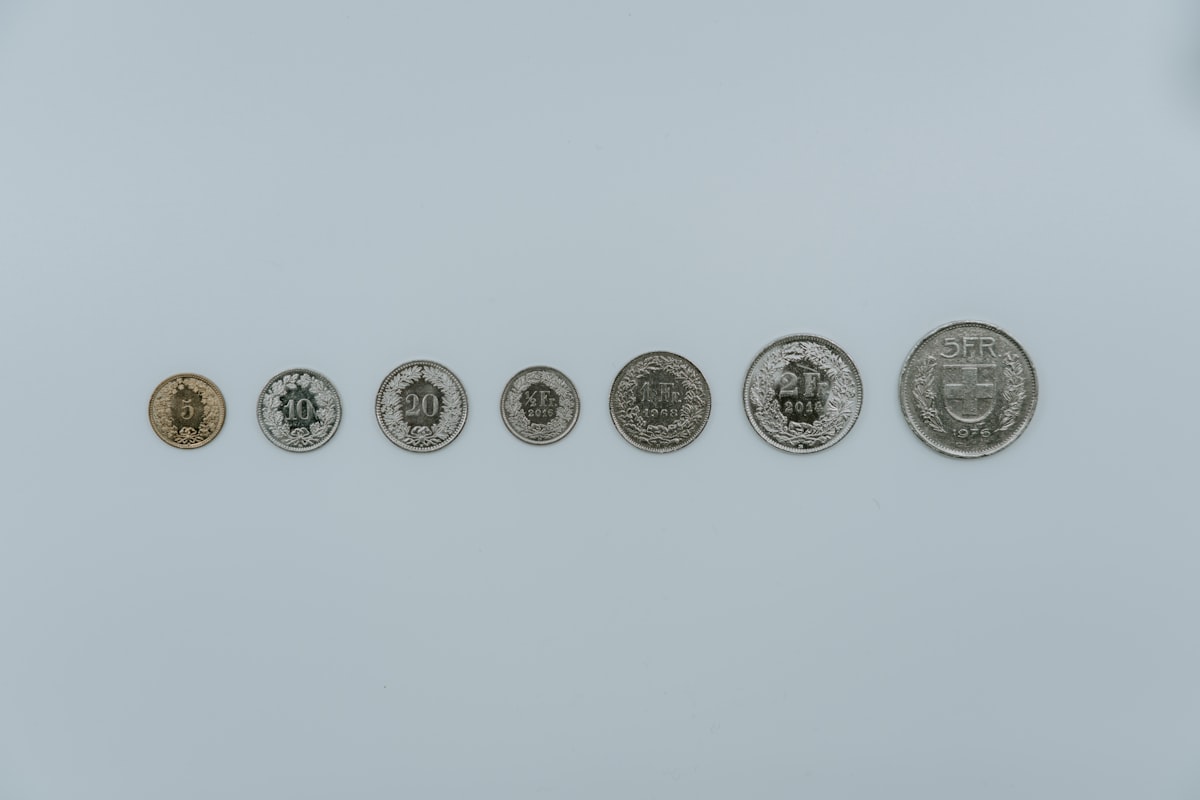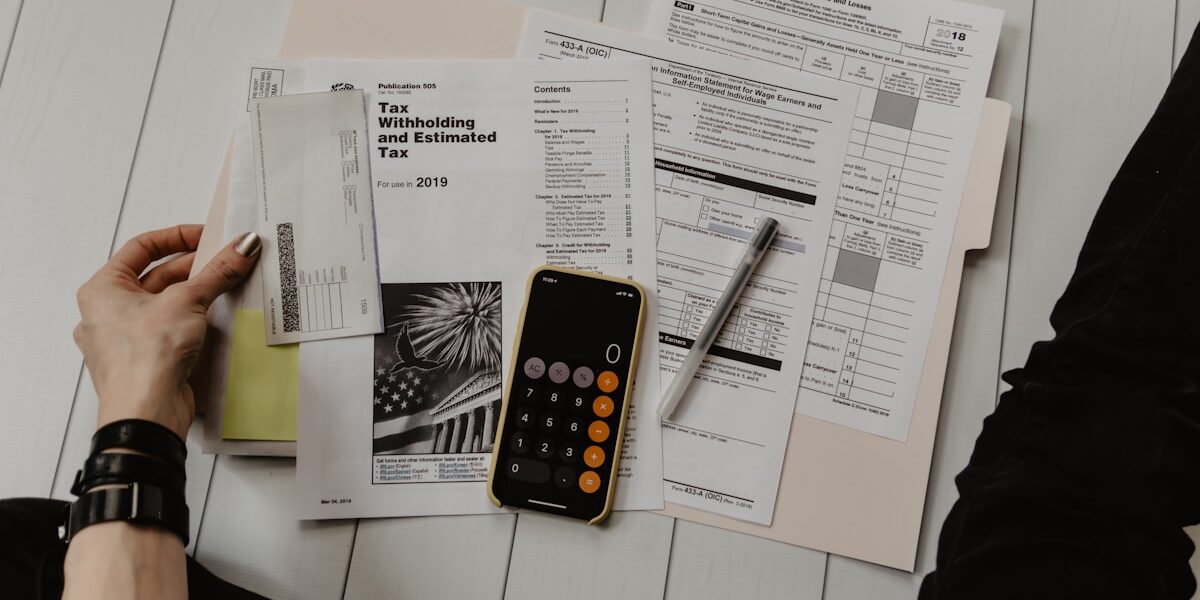When you decide to leave your job, whether for a new opportunity, retirement, or other personal reasons, one of the crucial financial considerations is the status of your 401(k) plan. A 401(k) is a retirement savings plan sponsored by employers that allows employees to save and invest a portion of their paycheck before taxes are taken out. Understanding what happens to your 401(k) when you quit your job can significantly impact your financial future. Here is a detailed exploration of the options available to you and the steps you should consider taking.

**1. Leave the Funds in Your Existing 401(k) Plan**
One of the simplest options is to leave your 401(k) funds in your former employer’s plan, provided that the account balance meets the plan’s minimum requirement. This option is particularly viable if you’re satisfied with the plan’s investment choices and fees. However, not all employers allow ex-employees to keep their 401(k) in the existing plan, so it’s important to verify this with your plan administrator.
**2. Roll Over to a New Employer’s 401(k) Plan**
If your new job offers a 401(k) plan, you can choose to roll over your old 401(k) into the new plan. This helps keep all your retirement savings consolidated, which can simplify management and monitoring. Before proceeding, compare the investment options and administrative fees between the old and new plans to ensure it’s a beneficial move.
**3. Roll Over to an Individual Retirement Account (IRA)**
Another popular option is to roll over your 401(k) funds into an Individual Retirement Account (IRA). This move often provides a broader range of investment options compared to most employer-sponsored plans, which can be beneficial for those seeking more control over their investments. IRAs also typically offer more flexibility in terms of withdrawal options.
**4. Cash Out Your 401(k)**
While it’s generally advisable to keep your retirement savings intact, cashing out your 401(k) is an option. This should be a last resort, as it comes with significant downsides: income tax will be due on the entire distribution, plus a potential 10% early withdrawal penalty if you are under 59.5 years of age. Additionally, you lose out on potential future tax-deferred growth.
**5. Consider the Impact of Loans and Early Withdrawals**
If you have any outstanding loans from your 401(k), quitting your job could require you to repay the loan in full within a short period, typically 60 days. Failure to repay the loan may cause it to be considered a distribution, thus incurring taxes and penalties.
**6. Review and Adjust Your Investment Strategy**
Quitting your job might be a good time to reassess your investment strategy. Depending on your new job status, financial goals, and the economic environment, adjusting your portfolio might be necessary. This is particularly true if you’re rolling over your assets into an IRA, where you might have more or different investment options available.
**Conclusion**
Deciding what to do with your 401(k) after quitting your job is a significant decision that can impact your financial security during retirement. Whether you choose to leave it with your former employer, roll it over to a new plan, transfer it to an IRA, or even cash it out, make sure you are fully aware of the implications of each choice. Consulting with a financial advisor can provide personalized advice and help you navigate this important transition with your best long-term interests in mind.
Quitting a job brings with it many changes, not least of which are decisions about how to handle your accumulated retirement savings. Understanding your options and making informed decisions can ensure that your retirement planning remains on track, even if your career takes unexpected turns.




Leave a Reply